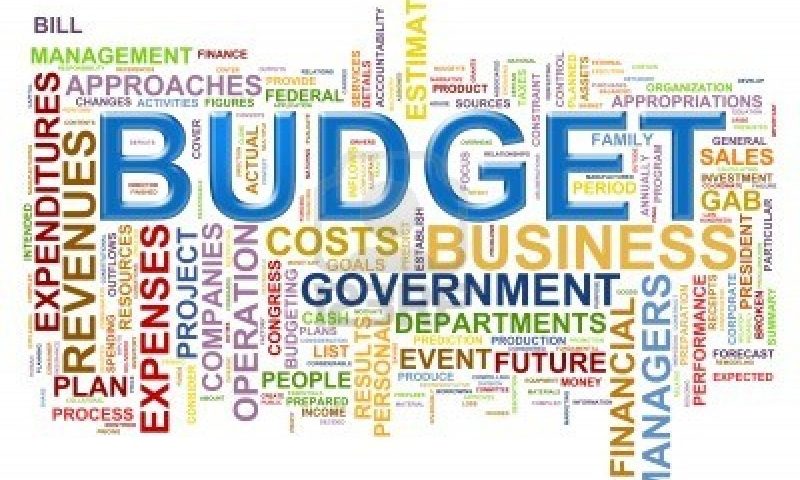2016 Budget

Family Assistance Payments 2015
July 9, 2016
May 2016
July 9, 2016On Tuesday, 3 May 2016, the Treasurer, Scott Morrison, unveiled his very 1st Federal Budget. The Budget announcements include things like some significant superannuation tax changes, and other actions that will influence individual, small business, and corporate taxation.
We at BookSmart Accountants are here to enable you to grow, manage and protect your interests for you to have a wonderful financial future. One of many ways we do that is certainly via very careful income tax planning! In case you have not met with us yet, NOW is the time get in touch with us to arrange an income tax planning meeting, so that we can assist you to limit your tax payments, and increase your wealth.
Here is a brief summary of a few of the key Federal Budget features with regards to taxation and superannuation.
Business
Small business entity threshold – increases from $2M to $10M
At present, small enterprises have access to the small business tax concessions if their aggregated annual turnover is less than $2 million. From 1 July 2016, the small business turnover threshold will increase from $2 million to $10 million! Having said that, the $2 million threshold will continue to apply to small business Capital Gains Tax (CGT) concessions.
Examples of small business tax concessions include:
simpler depreciation rules, which include immediate tax deductions for buying assets costing less than $20,000;
simpler trading stock rules, for example the choice to avoid a year-end stocktake if particular conditions are met;
the opportunity to account for Goods and services tax (GST) using a cash basis;
simpler Pay-As-You-Go (PAYG) instalment payment calculations;
12-month prepayment deduction rules;
various Fringe Benefit Tax (FBT) exemptions for portable electronic devices (e.g. smartphones, laptops and tablets).
Reduced income tax rate for small business companies
From 1 July 2016, the company income tax rate for small business companies (aggregated turnover less than $10 million) will be reduced to 27.5%.
Individuals
Few changes pertaining to individual income tax were announced. The key item of note is the increase in one of the personal income tax thresholds.
From 1 July 2016, the upper taxable income threshold for the middle income tax bracket (32.5%) will increase from $80,000 to $87,000. This proposal will mean an income tax saving of $315 for individuals with a taxable income of at least $87,000.
Superannuation
Lifetime cap for non-concessional contributions
The Federal Government has suggested enhancing a lifetime non-concessional contributions cap of $500,000, effective from the Budget, i.e. 7:30pm AEST 3 May 2016. This new cap would replace the current non-concessional cap of $180,000 per year (or $540,000 every 3 years under the ‘bring-forward’ rule for individuals aged under 65). It would also include all non-concessional contributions made on or after 1 July 2007.
For those who have already contributed in excess of $500,000 prior to budget night, you won’t be penalised or required to repay the excess, however you won’t be in the position to contribute anything further.
Concessional contributions cap decreased to $25,000
At present, the concessional contributions cap is $30,000 each year for people aged below 50, and $35,000 for anyone aged 50 or older. From 1 July 2017, this threshold will be lowered to $25,000 for all individuals, irrespective of their age.
Introduction of a $1.6 million pension cap
From 1 July, 2017 the federal government will bring in a $1.6 million pension cap. This implies that members are going to be restricted to the amount they have in pension phase where the fund pays no tax on its earnings. This change will require members who are already in pension phase with balances over $1.6 million to transfer any excess into accumulation phase where earnings will be taxed at the concessional rate of 15%.
Tax deductions for personal superannuation contributions
From 1 July 2017, everyone up to age 75 will be in a position to claim an income tax deduction for personal superannuation contributions. People that are both self-employed and wage and salary earners, and people whose employers don’t provide salary sacrifice arrangements, will also reap the benefits of these changed arrangements.
Lowering of the cut-in income threshold for 30% tax on concessional contributions
From 1 July 2017, the income threshold at which high income earners pay extra contributions tax will reduce from $300,000 to $250,000. Generally, an extra 15% tax will be payable on concessional contributions, to the extent that the threshold is exceeded.
Call Accountants Cranbourne at 1300 300 106 for further information.





